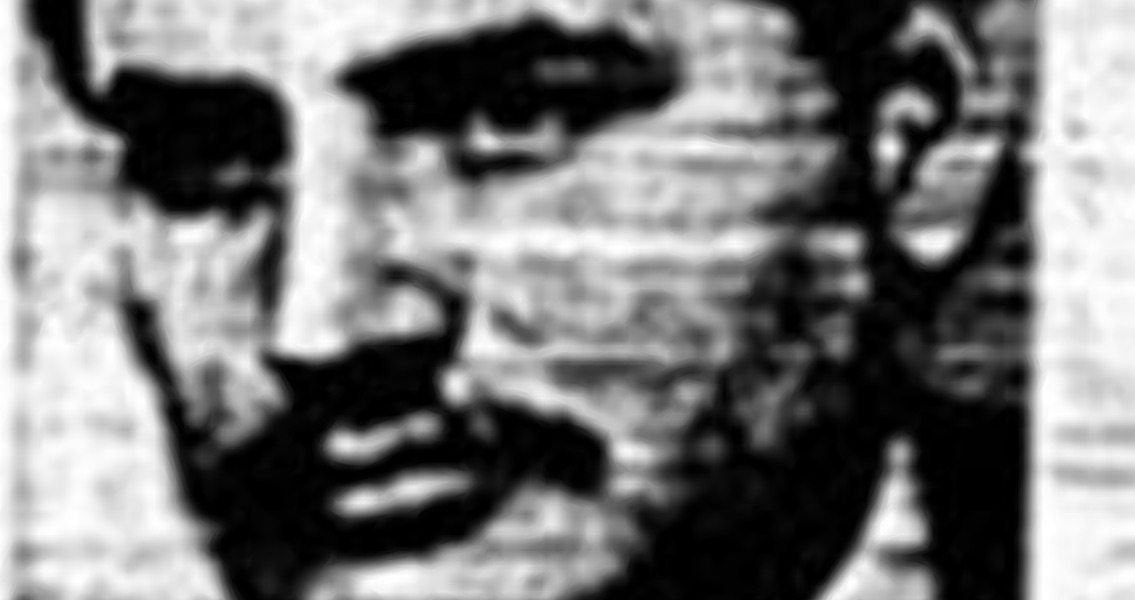<![CDATA[Carlos the Jackal's attack on the OPEC headquarters on 21st December, 1975, remains one of the most infamous moments in the life of the Venezuelan militant. Born Ilich Ramírez Sánchez in Caracas, Venezuela, in 1949, Carlos the Jackal would go on to lead some of the most notorious terrorist attacks of the twentieth century. His upbringing and early life seemed filled with contradictions. His family background was upper-middle class, with his father operating an exclusive, highly lucrative law practice alongside being a deeply committed Marxist, ensuring his son received an education which emphasized communist political theory and revolutionary ideas. Ramirez's mother was a popular socialite, allowing her son to develop a playboy lifestyle which seemed to go against the revolutionary ideas he professed. Poor performance and conflicts with academic authorities saw Ramirez expelled from Patrice Lumumba People’s Friendship University in Moscow in 1970. He swiftly joined the Popular Front for the Liberation of Palestine (PFLP), commencing his training as a militant revolutionary. During this time he was given the name 'Carlos', possibly in reference to his South American heritage. Carlos' first mission for the PFLP was to assassinate Joseph Sieff, president of the popular British retail chain Marks and Spencer and a prominent Jewish figure. Carlos forced his way into Sieff's home on 3rd December 1973 and seriously wounded him with a gun shot wound to the head. Carlos was forced to flee before he could kill Sieff however, his gun jamming before he could fire the final shot. Over the next few years Carlos was involved in several other terrorist attacks. He played a key part in planning the occupation of the French embassy in the Netherlands by the Japanese Red Army. As the French negotiated the hostages' release, it was Carlos who threw a grenade at a crowded Parisian cafe. The attack killed two and wounded many more. Fearing further attacks, the French authorities had agreed to the Japanese Red Army's demands within a few days. In June 1975, one of Carlos' accomplices was apprehended by the French police. He led them to the flat Carlos was staying in, where they were welcomed by the Venezuelan terrorist with drinks and conversation. As the police started to relax, Carlos took out a machine gun and opened fire - killing two French detectives and the informant who had betrayed Carlos. The event was a turning point, Carlos moving from relative obscurity to the subject of an international manhunt. The media soon dubbed him 'Carlos the Jackal'. The attack on the OPEC headquarters in 1975 was by far the biggest operation of Carlos the Jackal's career however, making his name recognised with fear around the world. The target of the attack was a meeting of oil ministers from oil producing countries, in the Austrian capital Vienna. A heavily armed group of Arab and German terrorists, led by Carlos, stormed the site of the meeting with machine guns. Three people were killed, while 63 were taken hostage, including eleven oil ministers. Carlos issued clear, simple demands. A communique explaining the Palestinian cause was to be broadcast on Austrian television and radio networks every two hours, and a bus would be supplied to take the terrorists and their hostages to Vienna airport. Austrian authorities, likely fearing a massacre and aware of Carlos the Jackal's brutal reputation, swiftly met all of the demands of the group dubbed the 'Arm of the Arab Revolution'. The terrorists escaped to Algeria, where all of the hostages were released unharmed. Such was the shock caused by the event that OPEC would not hold another summit for 25 years. For almost twenty years Carlos escaped capture, the ominous aurora around the terrorist growing each year he evaded the authorities. In 1994 he was finally caught while recuperating from a medical procedure in Sudan. He was clandestinely extradited to France where he was charged with the 1975 murders. At trial he denied all involvement, and accused Israel of being a terrorist nation, claiming his motives had only ever been to secure Palestinian liberation, "When one wages war for 30 years, there is a lot of blood spilled - mine and others. But we never killed anyone for money, but for a cause - the liberation of Palestine." He was found guilty, and sentenced to life in prison along with two of his accomplices. His life has since been dissected and discussed in movies and books, the shifting interpretations of his actions, from fame obsessed murderer to honest believer in a controversial cause, providing an insight into the shadow he left over the world in the 1970s. ]]>
Who Was Carlos the Jackal?
